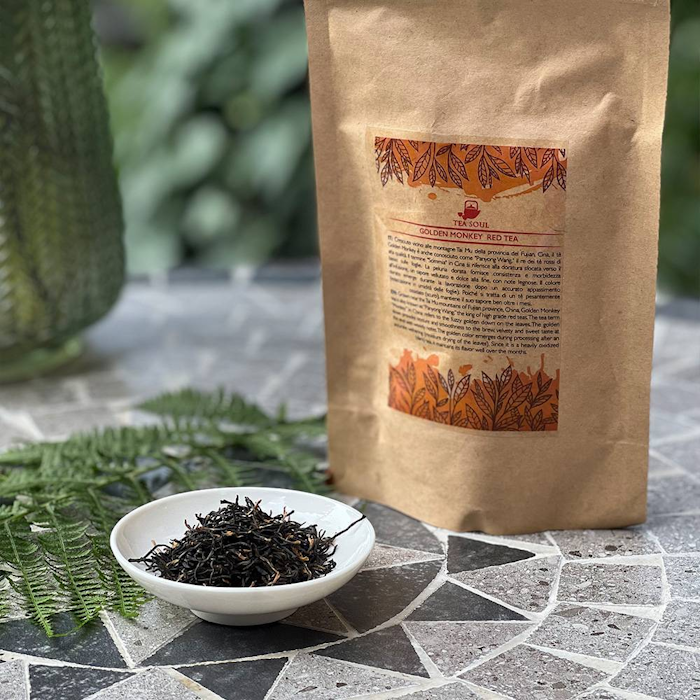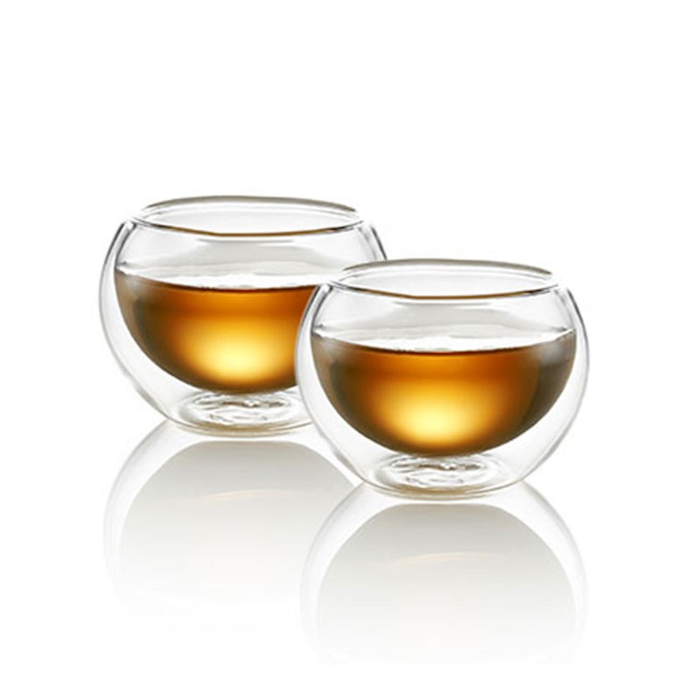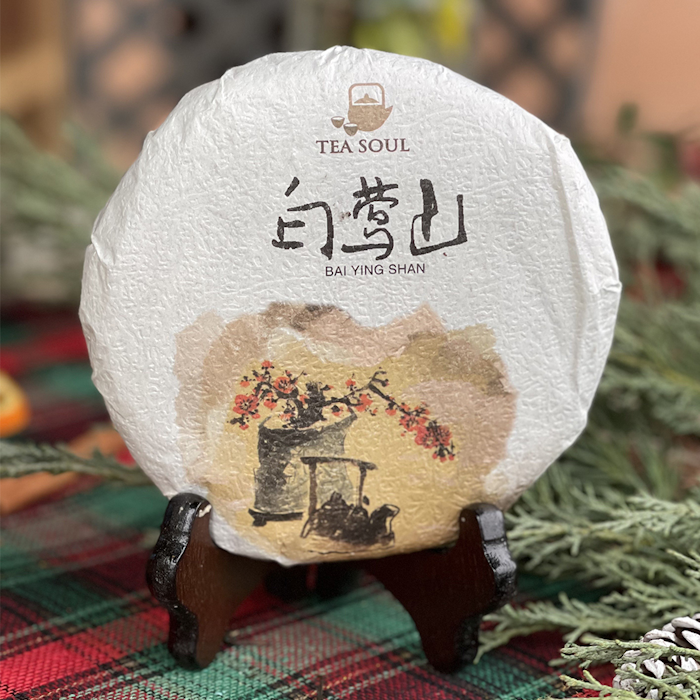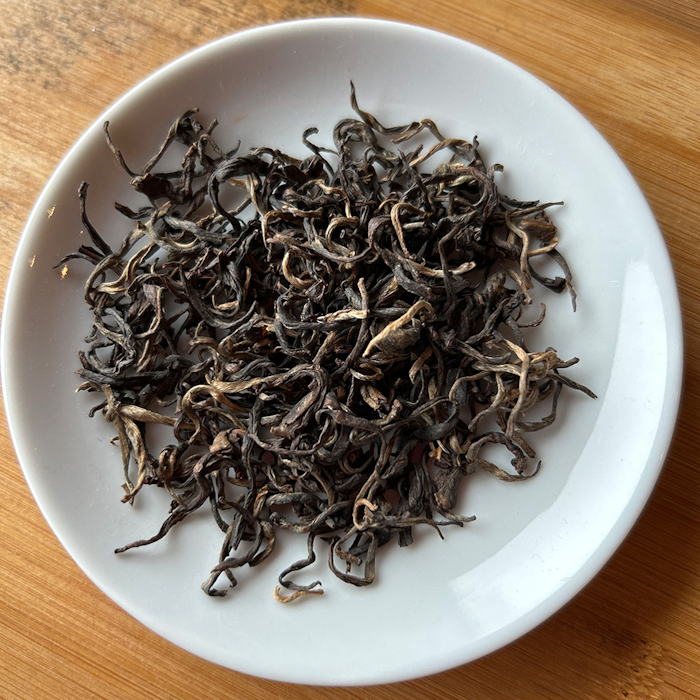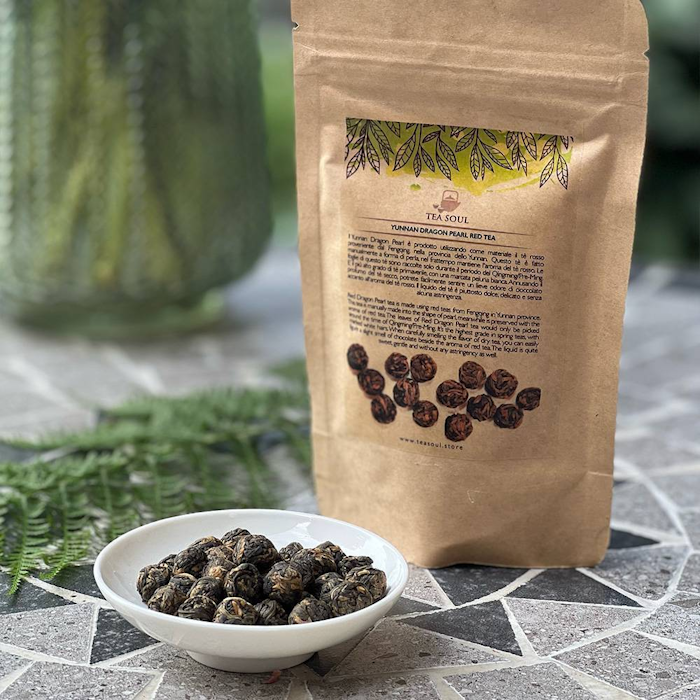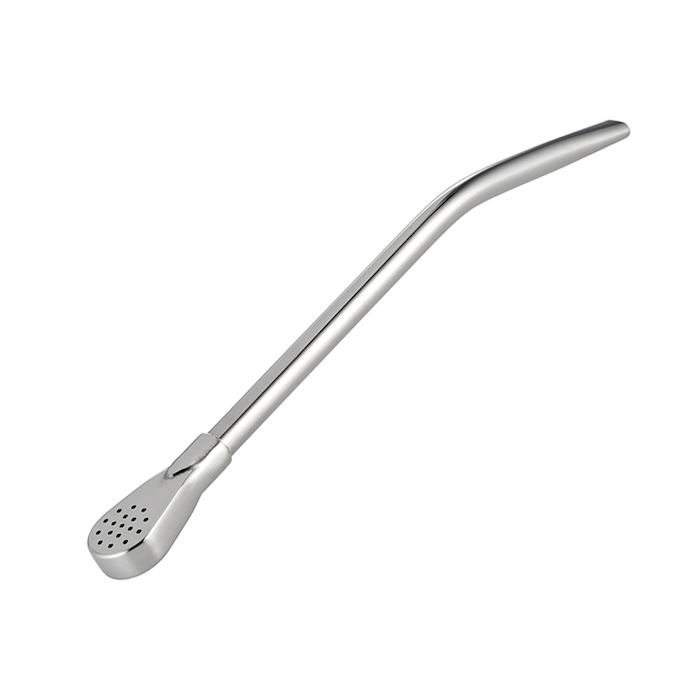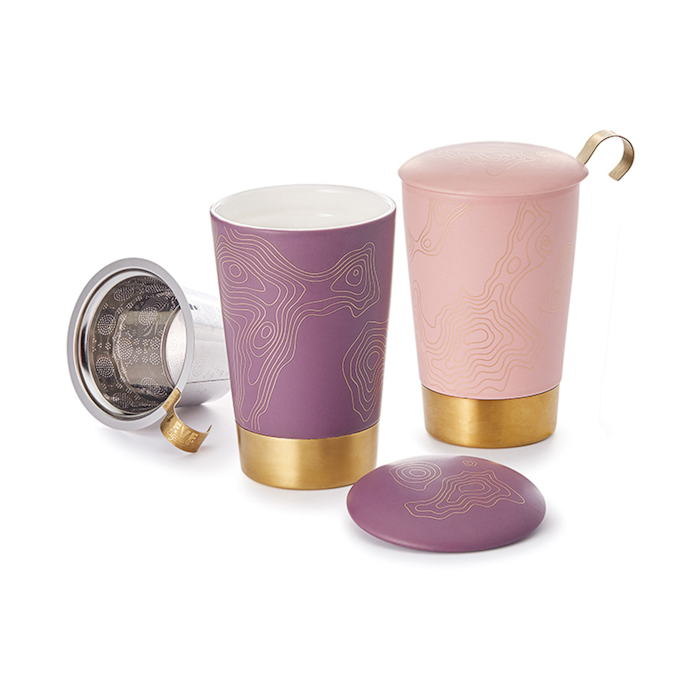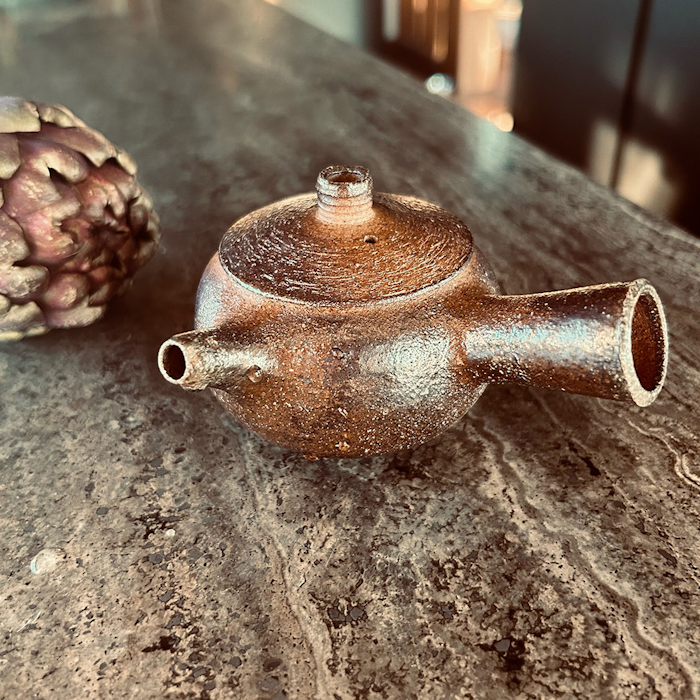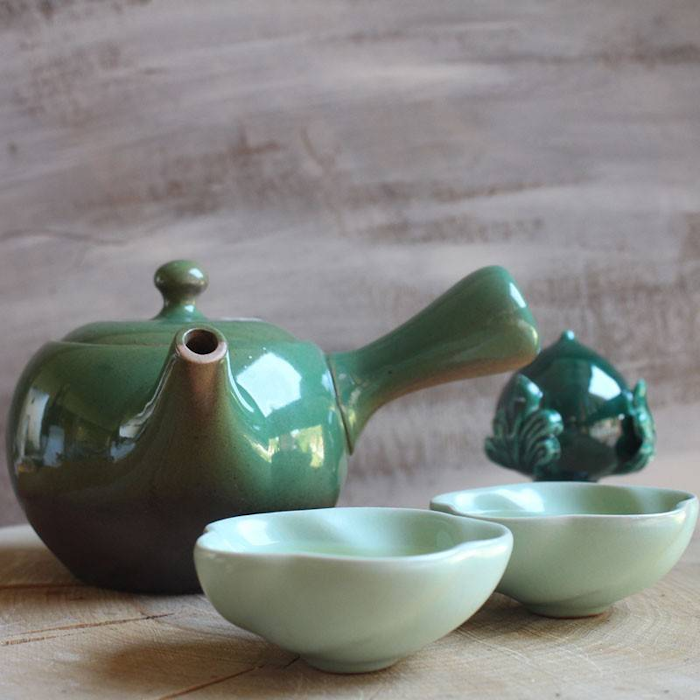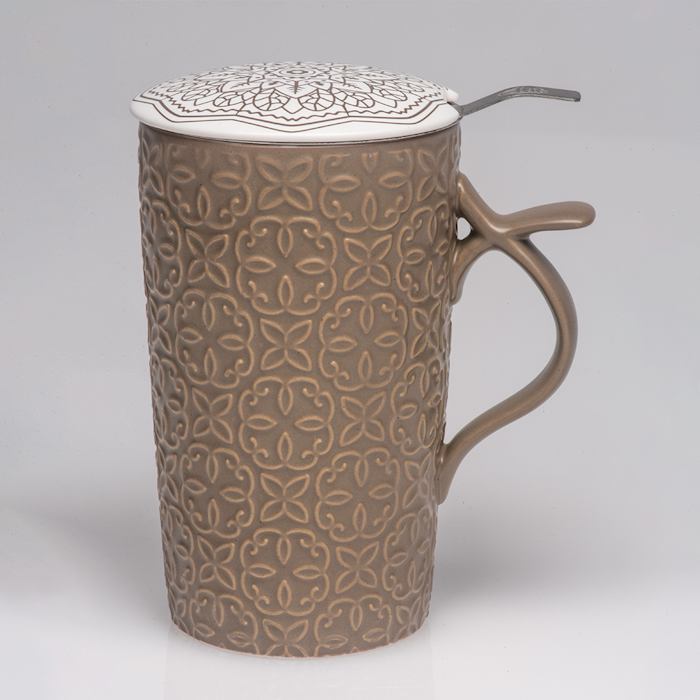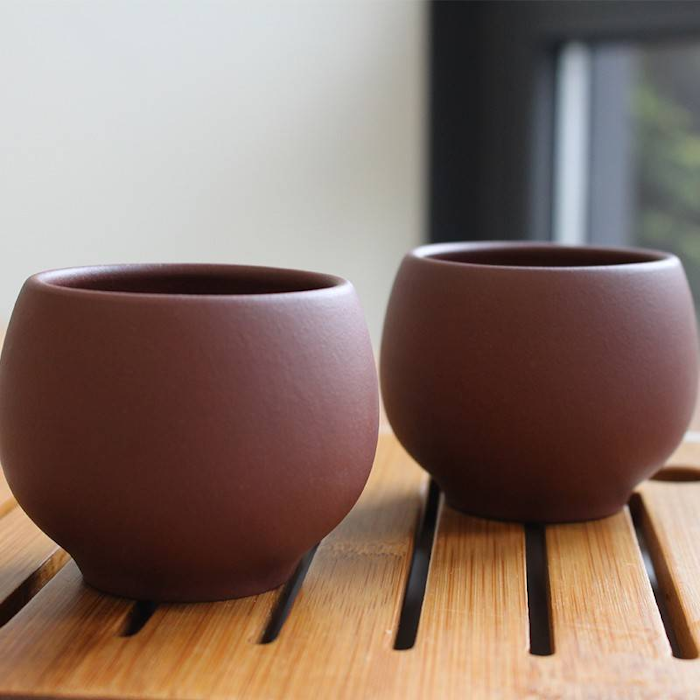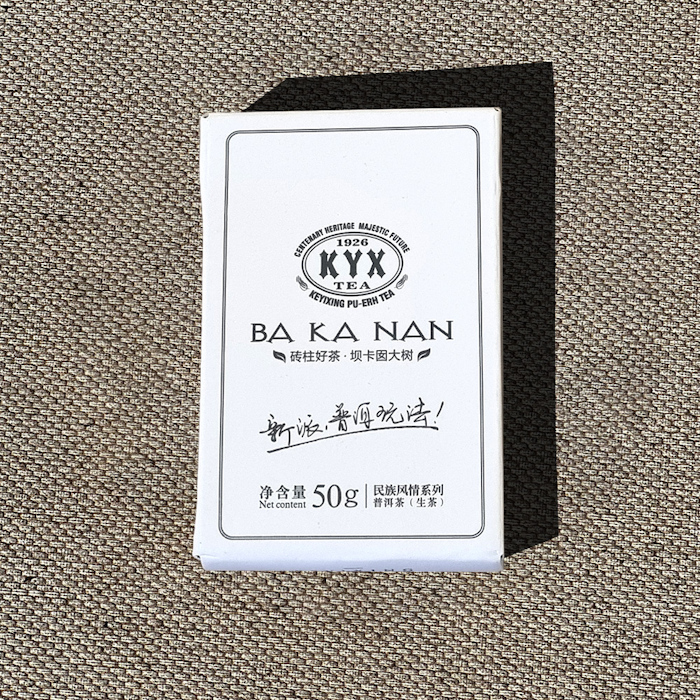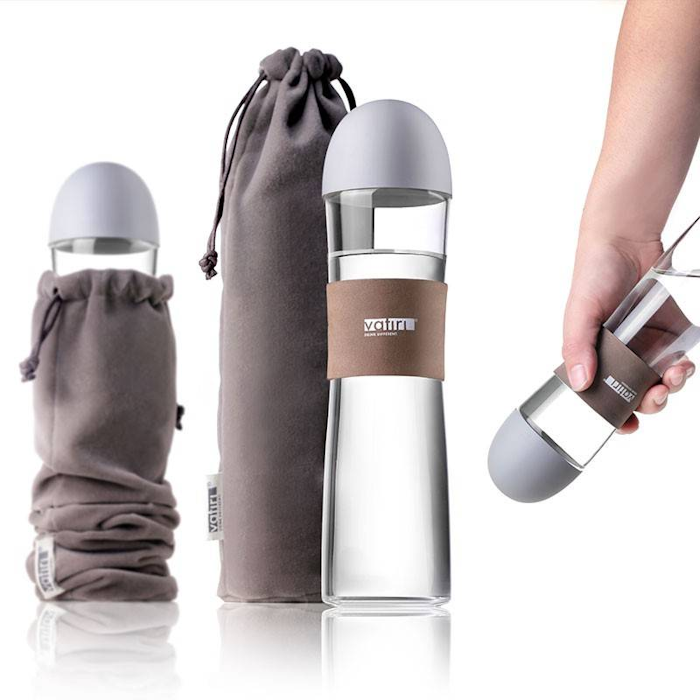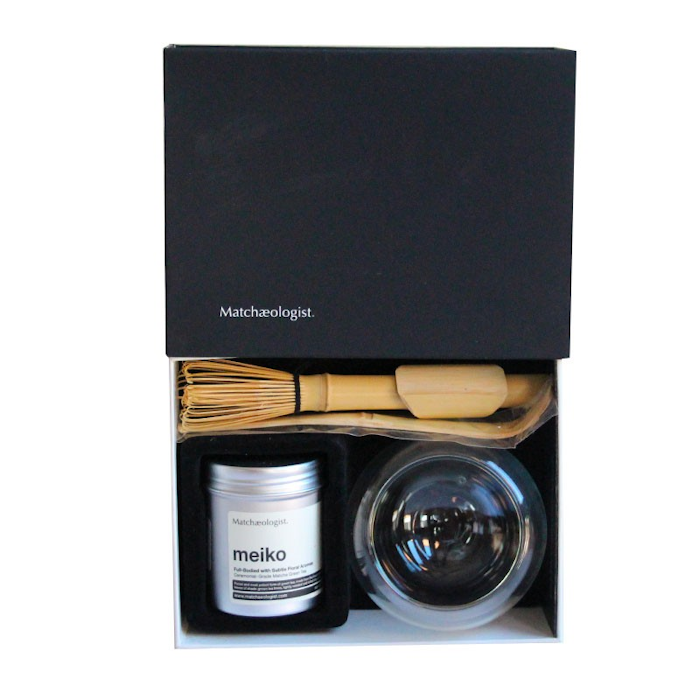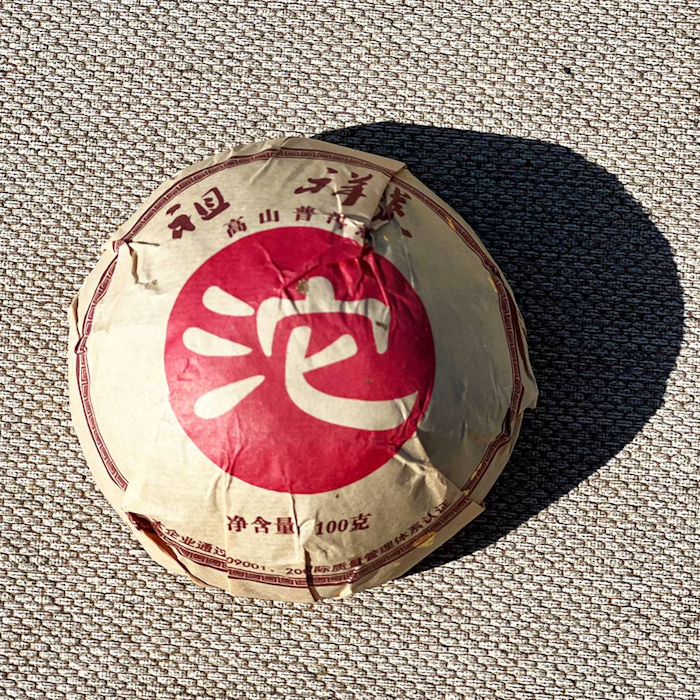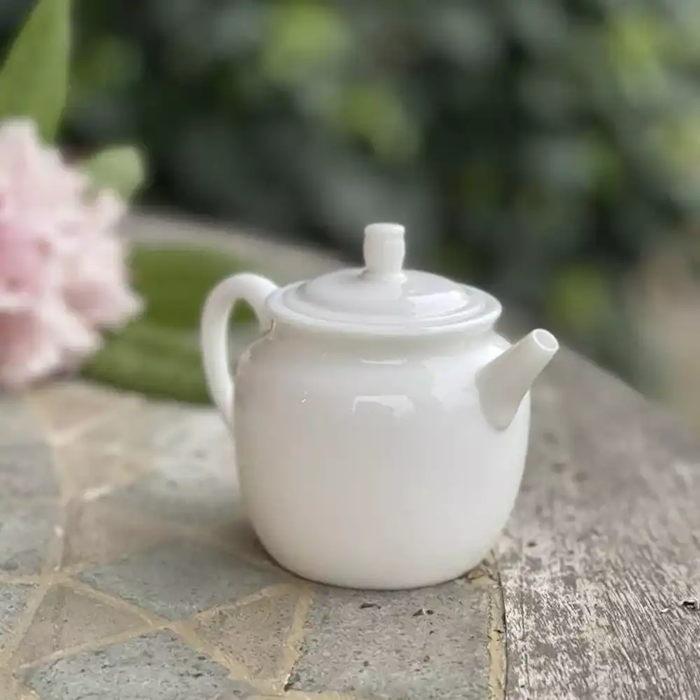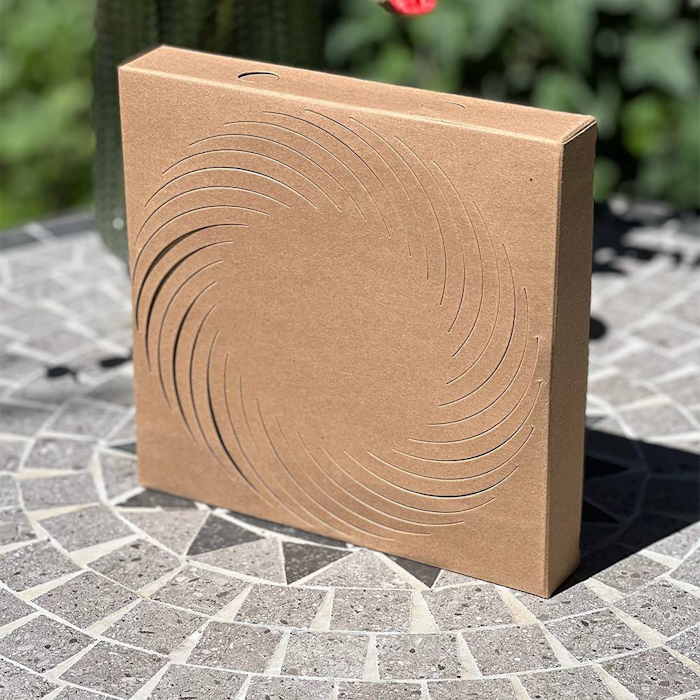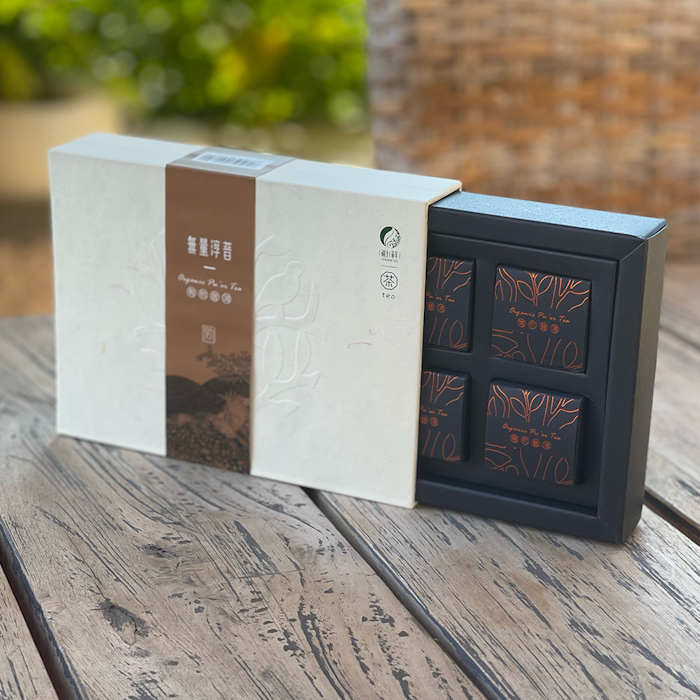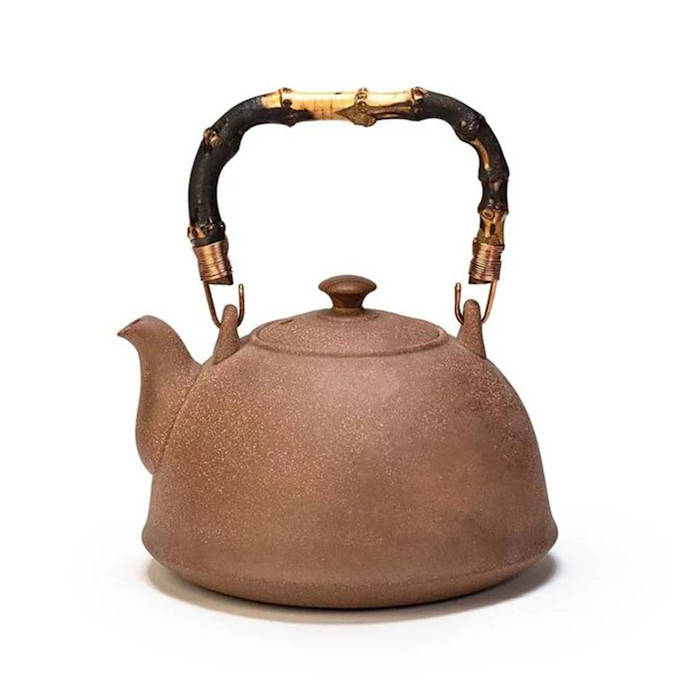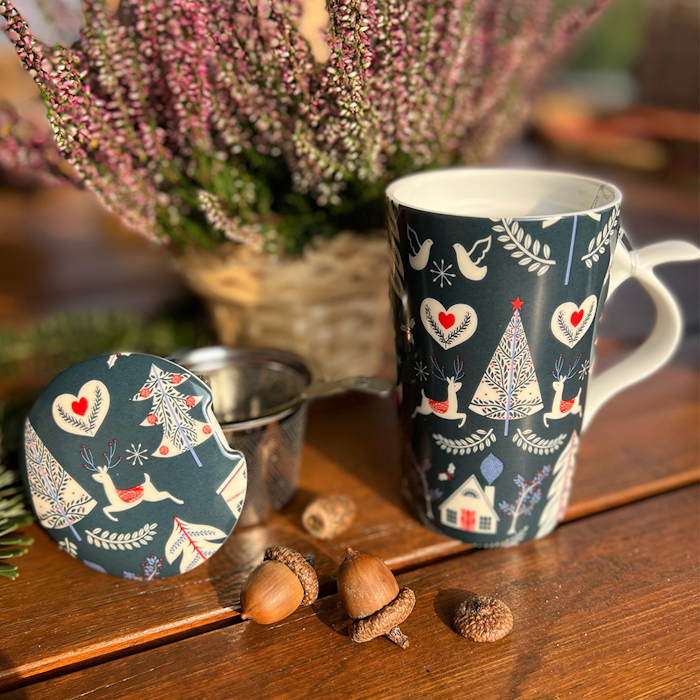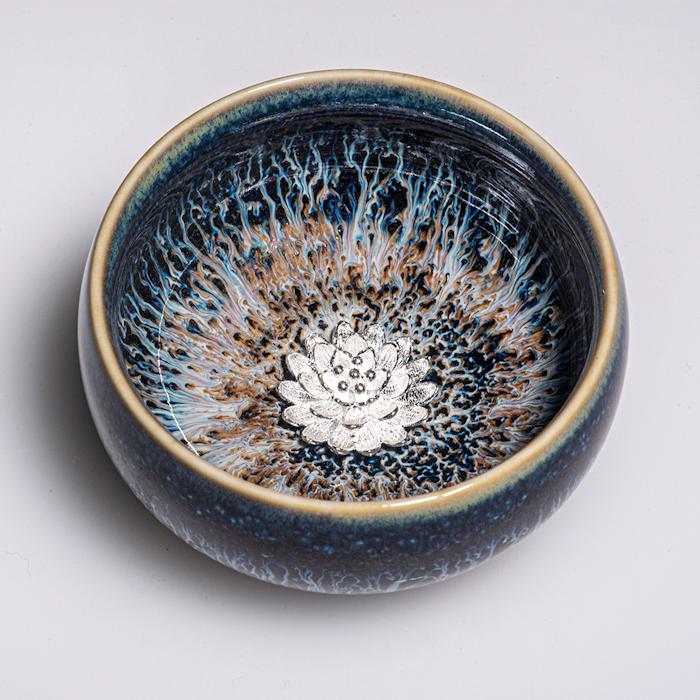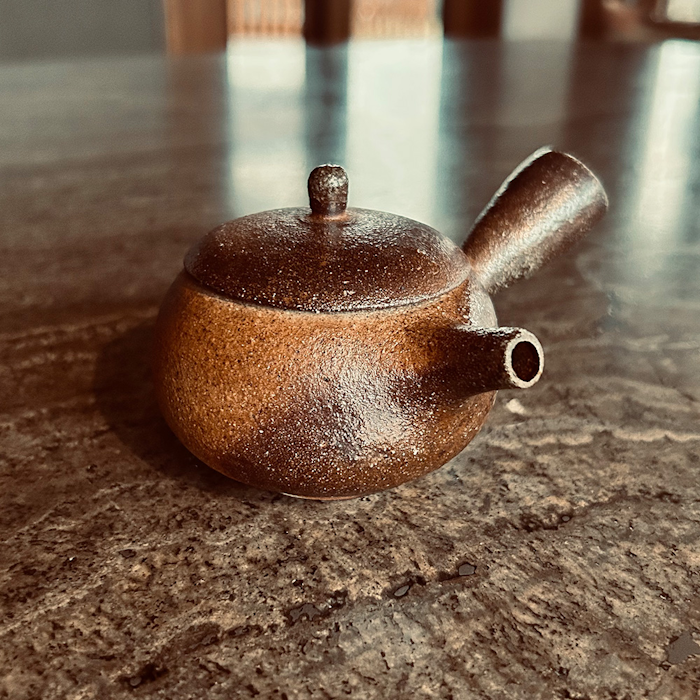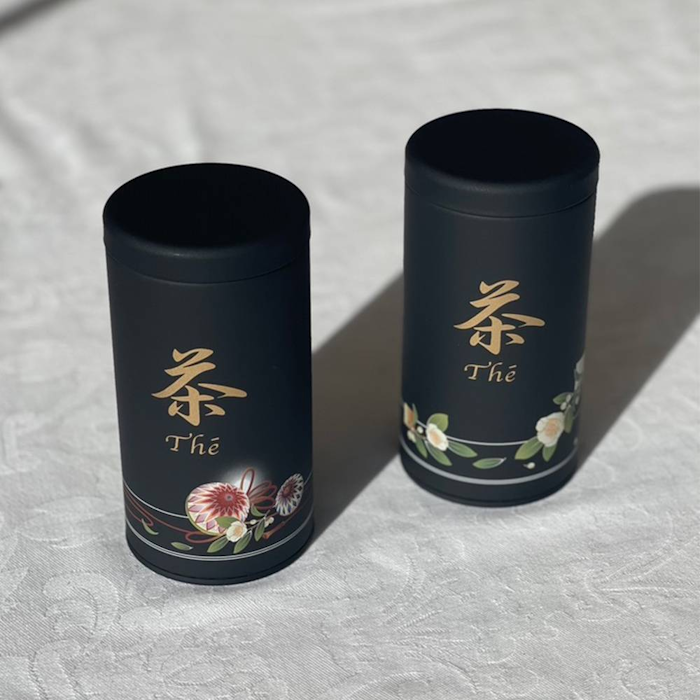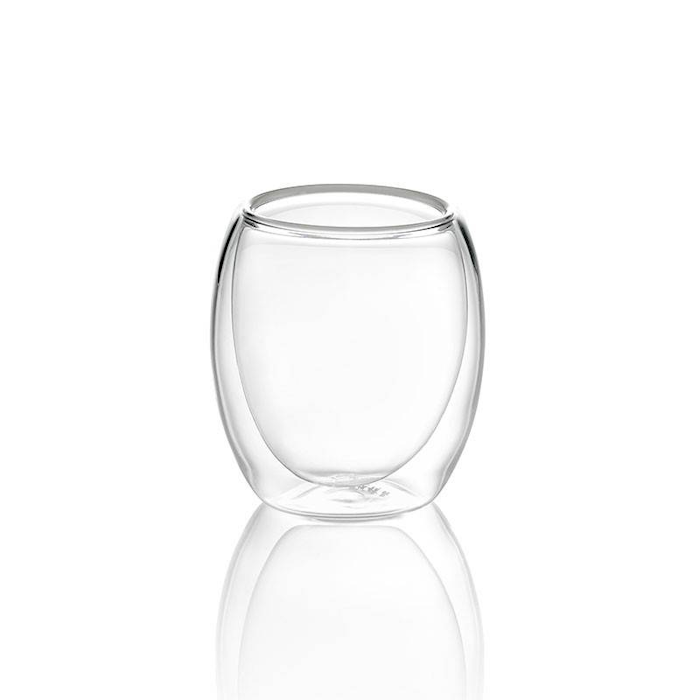The Spring Wuyi Da Hong Pao Oolong Tea is a famous rock oolong that, according to legend, cured a serious illness of the emperor's wife: to honor the plant, the emperor had it covered with a sumptuous red cloak, hence the name Da (big) Hong (red) Pao (robe/mantle).
The leaf has dark hues and a distinct mineral aroma. The liquor reveals a deep orange in the cup, a true delicacy on the palate that combines the intense roasted notes with the sweetness of cocoa. This tea originates from Wuyishan, a mountainous area located in Fujian Province.
Location of origin
Wuyishan, Fujian, China
Tasting - Sight and Smell
The leaves of Spring Wuyi Da Hong Pao oolong tea are medium to large in size, long and rolled in shape. They exhibit a coppery brown color and an opaque surface that is rough to the touch. Once infused, they give off aromas of roasted hazelnuts, coffee beans and rye bread crust as well as faint floral notes and a finish of wet rock and chocolate. The liqueur in the cup has a bright amber hue with golden reflections and good clarity.
Tasting Notes
GONG FU CHA
The first infusion of Spring Wuyi Da Hong Pao oolong tea is sweet, characterized by notes of vanilla cocoa, whole wheat bread, lime honey and hints of roasted nuts. With the second infusion, hints of wet rock and the mineral note typical of rock oolongs emerge. There is also a delicate floral note reminiscent of orchid, while the finish has hints of hazelnut and cocoa. The third and subsequent infusions show a consistent and surprising sweetness, reminiscent here of caramel, accompanied by notes of cocoa and black bread crust.
To the WEST
Spring Wuyi Da Hong Pao oolong tea opens with mineral notes and enveloping roasted notes of hazelnut and coffee. There is also a fleeting floral note, followed by stronger hints of incredibly sweet cocoa and chocolate pudding. The finish is dry and reminiscent in flavor of rye bread. The body of this tea is rather light, very smooth on the palate; the persistence is long and mineral and carries hints of sweet cocoa.
Infusion method of Spring Wuyi Da Hong Pao tea
We strongly recommend infusing this tea in the traditional Chinese method (Gong Fu Cha) with a gaiwan with a capacity of about 150 ml. By following this preparation, with 5 grams of leaves, multiple infusions can be made that are useful to feel all the flavors of the tea to the fullest.
After a quick rinse of the leaves with water at a temperature of 90°C, an initial infusion of 15 seconds can be made, and then, keeping the water at the same temperature, the product can be continued to be exploited by adding more to water and increasing the previous infusion time by about 10 seconds.
This tea allows about 6-8 infusions.
For a more classic preparation according to the Western style we recommend 3 grams of leaves in a 200 ml cup with water at 90°C for an infusion time of 3 minutes.
For a better tasting experience we suggest that you strain the infusion as soon as the established steeping time is over. However, the infusion timings we suggest can be slightly modified to your liking to achieve a more or less intense taste.
We recommend storing in a cool, dry place away from direct sunlight.
Benefits of Oolong Tea
The main benefits that can be derived from oolong teas stem from the significant content of mineral salts and antioxidant phenols in the leaves.
Some studies, in fact, report that daily intake of oolong tea can affect bone health by improving the concentration of minerals in this tissue and promote a decrease in blood sugar due to the stimulating effect of phenols on insulin.
Oolong teas also generally possess a low concentration of caffeine. This characteristic makes them suitable to be consumed at any time of the day, even by people who are more sensitive to this exciting substance.










